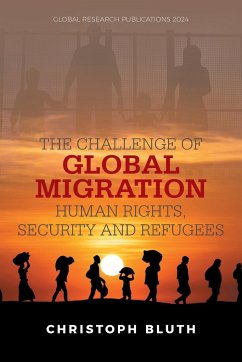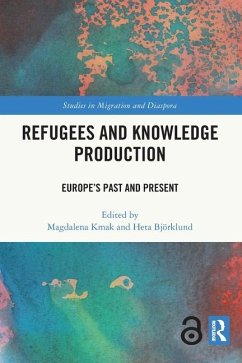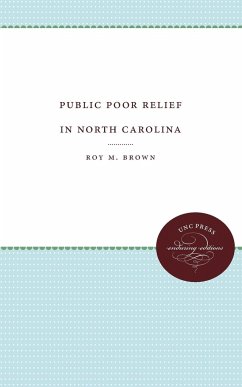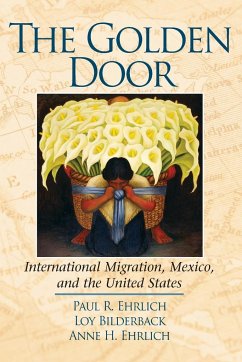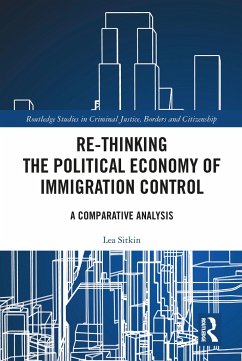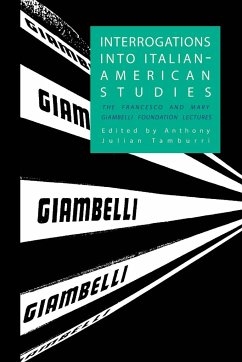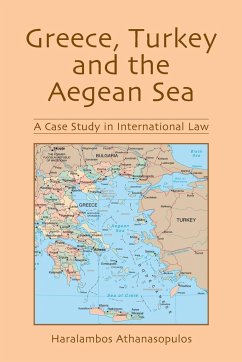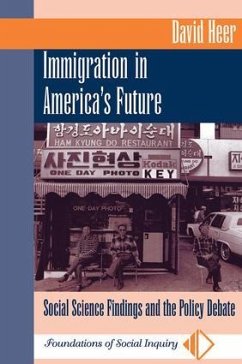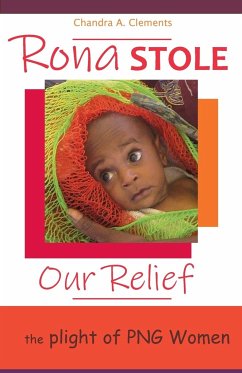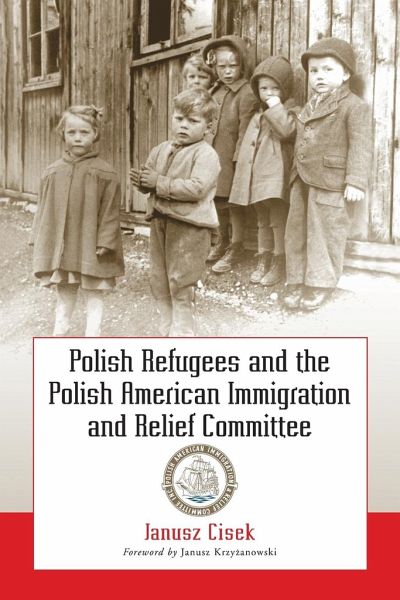
Polish Refugees and the Polish American Immigration and Relief Committee
Versandkostenfrei!
Versandfertig in 1-2 Wochen
45,99 €
inkl. MwSt.

PAYBACK Punkte
23 °P sammeln!
The end of World War II found a devastated Poland under Soviet occupation. Many Poles--those displaced to work camps in Germany, those in German concentration and P.O.W. camps, and those still in Poland made the decision to immigrate to the United States. Their journey, however, would not be easy. The rigors of the war had affected America as well, and immigration laws were strict. Fortunately, many Polish refugees received help from the Polish American Immigration and Relief Committee (PAIRC). Founded in 1947 to help Polish citizens displaced by World War II, the committee continued its work ...
The end of World War II found a devastated Poland under Soviet occupation. Many Poles--those displaced to work camps in Germany, those in German concentration and P.O.W. camps, and those still in Poland made the decision to immigrate to the United States. Their journey, however, would not be easy. The rigors of the war had affected America as well, and immigration laws were strict. Fortunately, many Polish refugees received help from the Polish American Immigration and Relief Committee (PAIRC). Founded in 1947 to help Polish citizens displaced by World War II, the committee continued its work as the postwar period became the Cold War era and Poles continued to flee the communist regime. This study of the PAIRC and its work includes both the broad history of the committee and stories of specific individuals, which add detail and lend insight into the plight of the refugees and the importance of the advocacy that the committee provided. Drawing on information from committee archives and firsthand consultations with prominent members, this book covers such topics as American immigration law, aid for the Polish Republic, and the effect of political change in Poland itself. It also discusses how the downfall of the communist government transformed Poland into a country that opened its own arms to the world's refugees.



